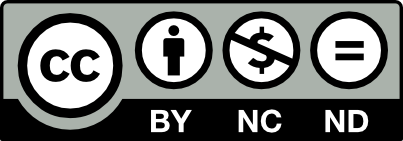The role of live supervision in the systemic psychotherapy training: a qualitative research
Abstract
This paper explores the role of live supervision on the professional skills of young systemic psychotherapists.
The Ecopsys Institute of systemic psychotherapy training considers the live supervision an essential experience of the training process.
Each student joins the therapeutic session with the supervisor supported by the training group following behind the mirror (Loriedo C., 1989) through a closed-circuit audiovisual system, and then draws up a report, a tool for reflection on clinical thinking and acting.
To investigate some aspects of the live supervision experience, a sample of 35 reports have been collected and analyzed with the T-Lab qualitative software, describing the emotional features of the first live consultation by students enrolled to different years and training groups. The textual analysis made it possible to point up the theoretical and clinical peculiarities of the Ecopsys Institute supervision model, focused on the emergence of emotional dimensions experienced by the supervisor-trainee dyad during live supervision.
Downloads
Downloads
Published
Conference Proceedings Volume
Section
License
Copyright (c) 2021 Alessia Cuccurullo, Federica Visone

This work is licensed under a Creative Commons Attribution-NonCommercial-NoDerivatives 4.0 International License.
Authors who publish in this journal agree to the following:
- Authors retain the rights to their work and give to the journal right of first publication of the work simultaneously licensed under a Creative Commons License - Attribution that allows others to share the work indicating the authorship and the first publication of this journal.
- Authors can accept other non-exclusive licensing agreements for the distribution of the published version of the work (eg. Deposit it in an institutional repository or publish it in a monograph), provided to indicate that the document was first published in this journal.
- Authors can spread their work online (eg. In institutional repositories or on their website) before and during the submission process, because it can lead to productive exchanges and increase the work published citations (See The Effect of Open Access) .





